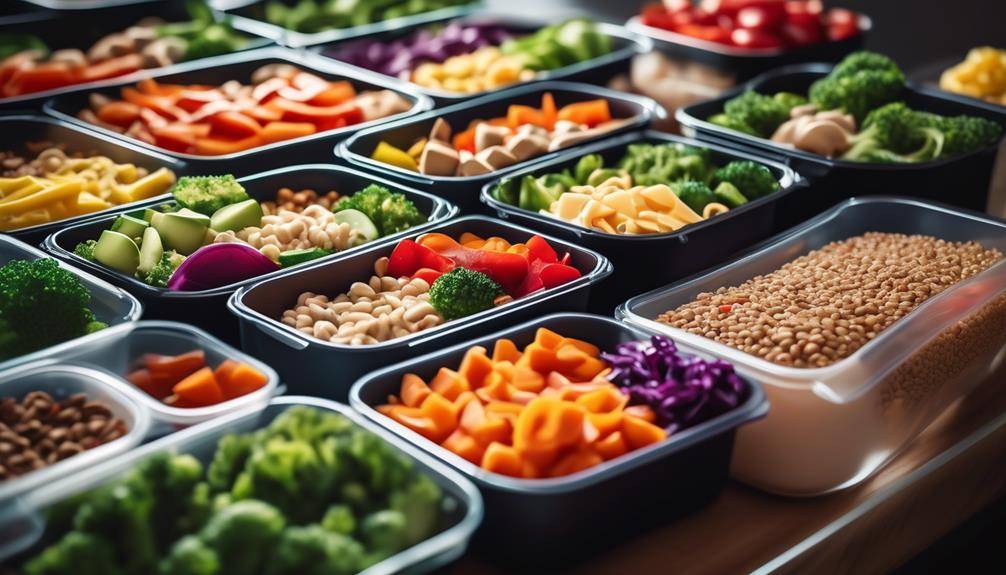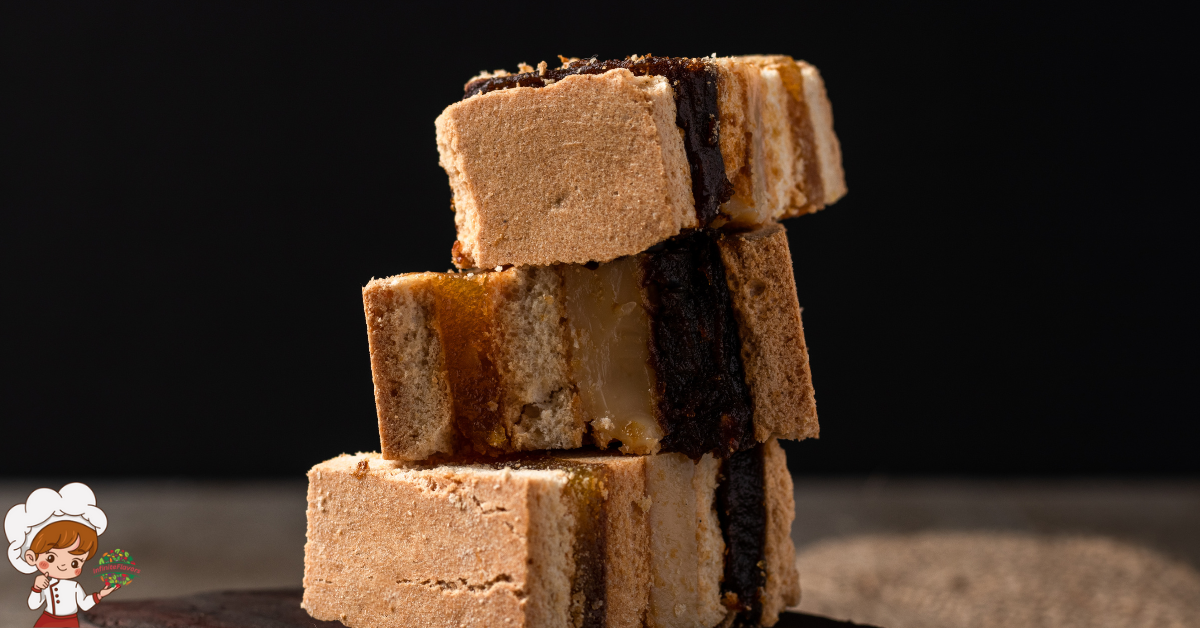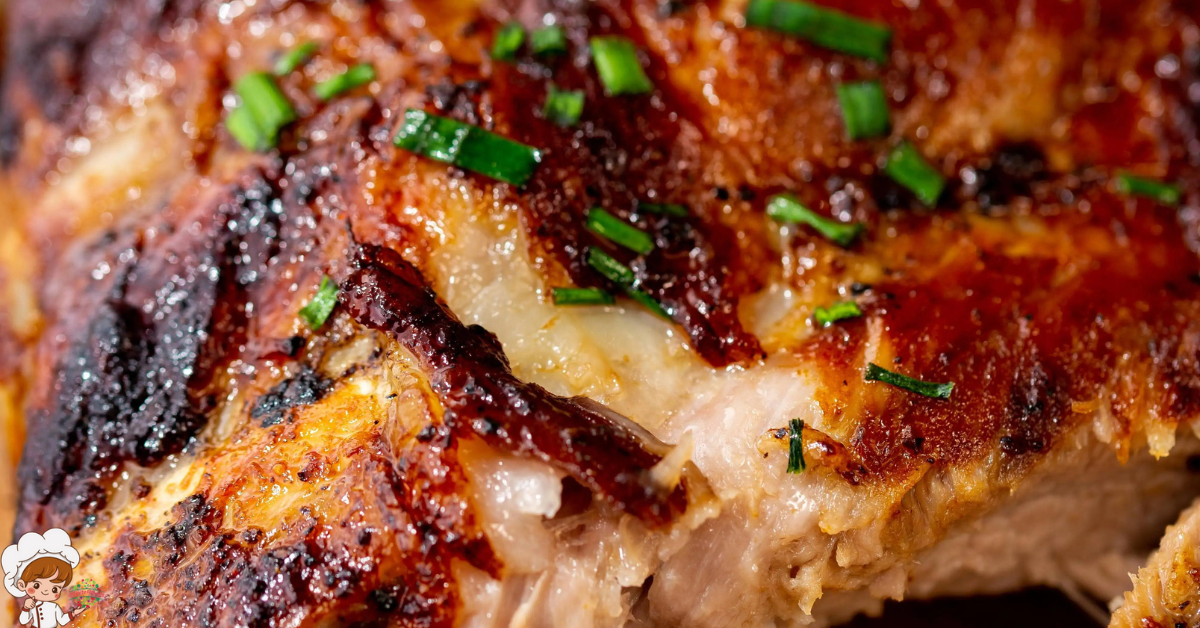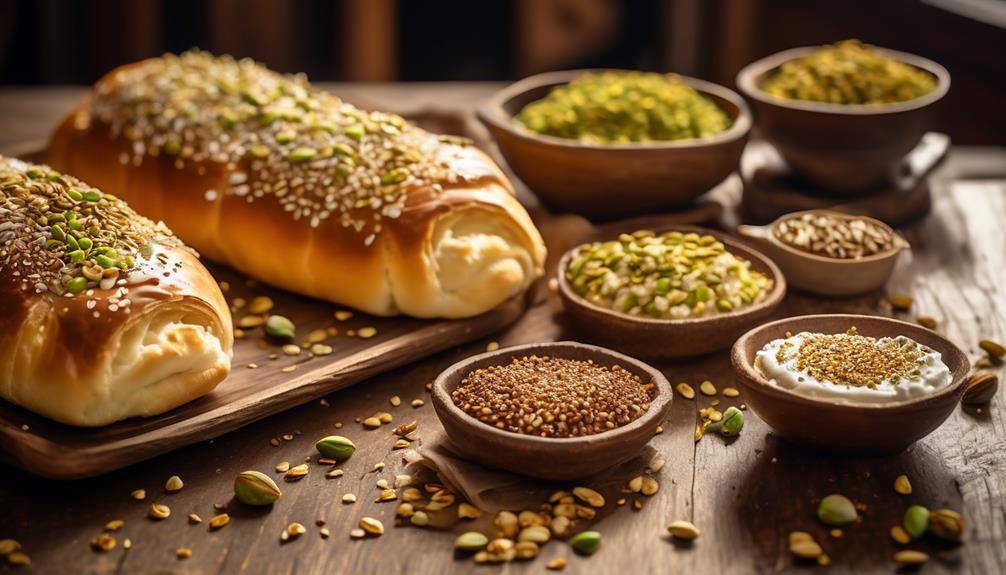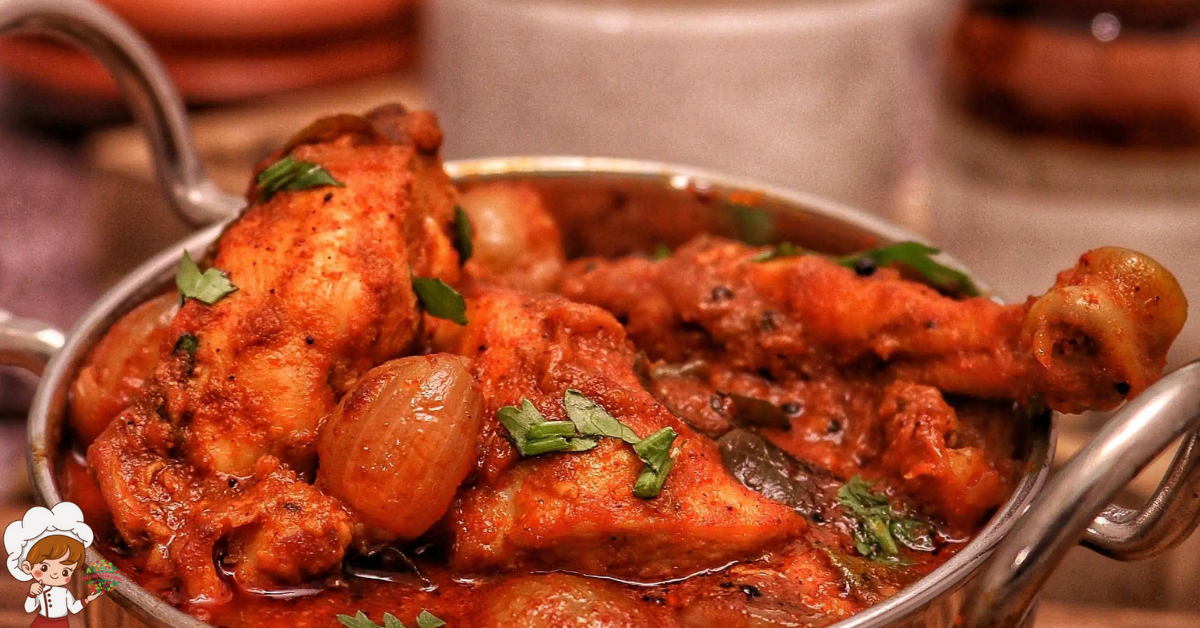The Best Safe Grilling Practices At Home
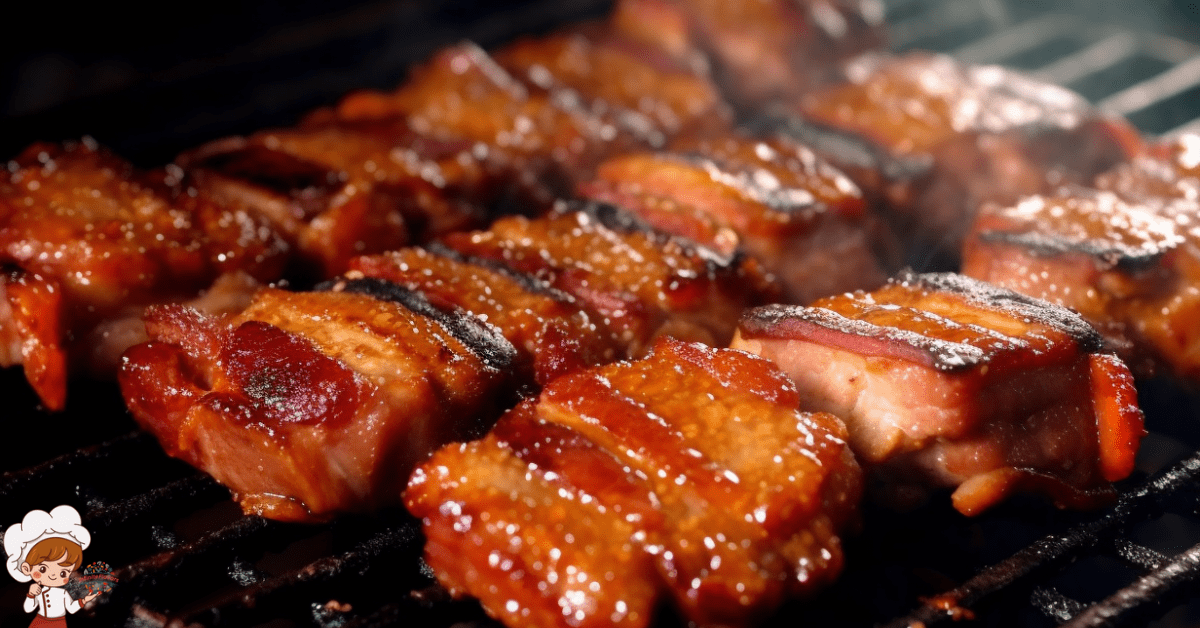
Safe Grilling Practices At Home; Are you aware that every year, thousands of home fires are caused by grilling accidents? Imagine the panic and devastation that could result from a simple backyard cookout turning into a dangerous inferno. It’s crucial to prioritize safe grilling practices to prevent such disasters. In this discussion, we will explore the essential steps you need to take to ensure the safety of your loved ones and your property when grilling at home. Stay tuned to learn about the key precautions you should implement to enjoy a worry-free grilling experience.
Check and Clean the Grill
Before you start grilling, make sure to check and clean your grill to ensure safe and delicious cooking. Proper grill maintenance and cleaning techniques are essential for maintaining a clean and safe cooking surface. Neglecting to clean your grill can lead to a buildup of grease, food residue, and even bacteria, which can affect the taste of your food and pose a health risk.
To start, check the grill grates for any stuck-on food particles or rust. Use a wire brush to scrub the grates thoroughly, removing any debris. Pay close attention to the corners and edges, as these areas tend to accumulate the most residue. After cleaning the grates, inspect the burners and ensure they are free from clogs or obstructions. If you notice any blockages, clear them with a small wire or pipe cleaner.
Next, give the exterior of the grill a good cleaning. Wipe down the lid, sides, and bottom with warm soapy water and a sponge or cloth. Be sure to rinse off any soap residue and dry the grill thoroughly to prevent rusting.
In addition to regular cleaning, it is important to perform routine maintenance on your grill. Check the propane or gas lines for any leaks or cracks. If you detect a gas odor or suspect a leak, turn off the gas supply immediately and have it inspected by a professional.
Properly Position the Grill
To ensure optimal grilling conditions, position your grill in a safe and convenient location. Proper grill placement is not only essential for safety but also for efficient cooking. Here are some grill placement tips to help you enjoy a safe and hassle-free grilling experience.
First and foremost, make sure to place your grill in an open area away from any combustible materials. Keep it at least 10 feet away from your house, deck, or any other structures. This will minimize the risk of fire and prevent smoke from entering your home. Additionally, avoid placing your grill under low-hanging branches or near dry vegetation.
When it comes to grill maintenance, positioning your grill on a level surface is crucial. Uneven surfaces can cause grease and other liquids to accumulate, increasing the risk of flare-ups. Use a level or a spirit level to ensure that your grill is stable and balanced.
Consider the wind direction when positioning your grill. You don’t want the wind blowing towards you, as it can cause the flames to flare up or blow ash and debris onto your food. Instead, position the grill perpendicular to the wind direction to create a more stable cooking environment.
Lastly, think about convenience. Place your grill close to a water source for easy access in case of emergencies. Also, ensure that the grill is positioned in an area with good lighting, especially if you plan to grill in the evening.
Keep a Safe Distance From Flammable Objects
Position your grill at a safe distance from flammable objects to minimize the risk of fire and ensure a safe grilling environment. Choosing the right grilling location is crucial for preventing accidents and maintaining a secure setting. When setting up your grill, make sure it is at least 10 feet away from any flammable materials such as trees, fences, and buildings. This distance will help prevent any sparks or flames from igniting these objects and causing a fire.
It is also essential to have a fire extinguisher nearby in case of emergencies. Accidents can happen, even when taking precautions. Having a fire extinguisher within reach can help you quickly put out any potential fires before they spread and cause significant damage. Make sure your fire extinguisher is fully charged and easily accessible throughout the grilling process.
In addition to keeping a safe distance from flammable objects, it is vital to be mindful of the grilling environment as a whole. Avoid grilling in enclosed spaces such as garages or covered patios, as these areas can trap heat and increase the risk of fire. It is best to grill in open areas with proper ventilation to allow smoke and heat to dissipate effectively.
Use the Right Fuel Type
Are you using the right fuel type for your grill? Using the correct fuel is crucial for both grill maintenance and fuel safety. Choosing the wrong type of fuel can lead to dangerous situations, such as flare-ups, explosions, or even fires. To ensure a safe grilling experience, it is essential to understand the different fuel options available and select the one that is suitable for your grill.
The most common fuel types for grills are propane, natural gas, charcoal, and wood pellets. Propane is a popular choice due to its convenience and availability. It burns cleanly and provides consistent heat, making it easy to control the temperature. However, it is important to handle propane tanks with care, always ensuring they are stored and connected properly.
Natural gas is another option for grilling. It is cost-effective and eliminates the need for propane tanks. If your grill is connected to a natural gas line, make sure the connection is secure and free from leaks. Regularly check the hose and fittings for any wear and tear.
Charcoal grills offer a unique flavor profile to your food, but they require more attention and maintenance. Use only charcoal briquettes or lump charcoal specifically designed for grilling. Avoid using lighter fluid or gasoline to ignite the charcoal, as this can lead to dangerous flare-ups. Instead, use a chimney starter or electric starter to light the charcoal safely.
For those who prefer a smoky flavor, wood pellets are an excellent choice. They are made from compressed sawdust and come in a variety of flavors such as hickory, mesquite, or applewood. When using wood pellets, make sure to follow the manufacturer’s instructions for your specific grill model.
Light the Grill Safely
Ensure a safe grilling experience by following proper lighting techniques to ignite your grill safely. Grilling safety tips and fire prevention measures are crucial to prevent accidents and ensure that your grilling session remains enjoyable. Here are some essential tips to help you light your grill safely.
Firstly, always keep a safe distance from the grill when lighting it. Make sure there are no flammable materials nearby, such as leaves or paper. It is recommended to place your grill in an open, well-ventilated area to reduce the risk of fire.
Before lighting the grill, check for any gas leaks. Apply a mixture of soap and water to the gas connections and hoses. If you see bubbles forming, that indicates a leak. In such cases, turn off the gas immediately and have the grill checked by a professional.
When using charcoal, use a chimney starter instead of lighter fluid. Lighter fluid can cause flare-ups and increase the risk of burns. A chimney starter allows you to light the charcoal evenly without any harmful chemicals.
Before starting the ignition process, ensure that the grill’s lid is open. This prevents a buildup of gas or fumes, reducing the risk of an explosion. Once the grill is lit, close the lid to maintain the desired cooking temperature and prevent accidents caused by flare-ups.
Remember to always keep a fire extinguisher or a bucket of sand nearby in case of emergencies. Never leave the grill unattended, especially when children or pets are around.
Monitor the Grill at All Times
Always keep a close eye on the grill to ensure it is being monitored at all times. This is crucial for grill maintenance and fire prevention. Monitoring the grill means staying vigilant and attentive to any potential hazards or issues that may arise during the grilling process.
One important aspect of monitoring the grill is regularly checking the gas supply. Make sure the gas tank is properly connected and in good condition. Look for any signs of leaks, such as hissing sounds or the smell of gas. If you suspect a leak, immediately turn off the gas supply and address the issue before continuing to use the grill.
Another key part of monitoring the grill is keeping an eye on the flames. Ensure that the flames are steady and even. If you notice any fluctuation or irregularities in the flame, it may be a sign of a problem, such as a clogged burner or a malfunctioning regulator. In such cases, it is important to address the issue promptly and make any necessary repairs or adjustments.
Additionally, be mindful of any potential fire hazards around the grill area. Keep flammable materials, such as paper towels or cooking oils, away from the grill. Make sure the grill is positioned at a safe distance from any structures or overhanging branches that could catch fire.
Use Utensils and Tools With Caution
Exercise caution when using utensils and tools during the grilling process to ensure safety and prevent accidents. Proper utensil maintenance and tool storage are essential for the safe operation of your grill.
Firstly, it is crucial to regularly inspect and maintain your grilling utensils. Check for any signs of wear and tear, such as loose handles or rusted metal. Replace damaged utensils immediately to avoid any mishaps while grilling. Additionally, keep your utensils clean and dry to prevent cross-contamination and the spread of bacteria. Wash them thoroughly after each use and store them in a clean, dry location.
When it comes to tool storage, it is important to choose a designated area that is away from heat sources and protected from the elements. Storing your tools in a cool, dry place will help prevent rust and prolong their lifespan. Consider investing in a tool organizer or hanging rack to keep your utensils neatly arranged and easily accessible.
Furthermore, always use the appropriate utensils and tools for the task at hand. Using the wrong tool can lead to accidents or damage to your grill. For example, use long-handled tongs or spatulas to flip food on the grill, as they provide better reach and protect your hands from the heat. Avoid using metal utensils on non-stick surfaces to prevent scratching.
Practice Safe Food Handling
To maintain the safety and integrity of your grilled food, proper handling techniques are crucial. Safe food handling practices not only ensure that your meals are delicious but also prevent foodborne illnesses. By following these guidelines, you can minimize the risk of contamination and enjoy a worry-free grilling experience.
First and foremost, always wash your hands thoroughly before and after handling any raw ingredients. This simple step helps eliminate harmful bacteria and prevents cross-contamination. Use warm water and soap, scrubbing your hands for at least 20 seconds before rinsing them well.
When marinating meats or vegetables, do so in the refrigerator, not at room temperature. This prevents bacteria from multiplying rapidly and causing foodborne illnesses. Ensure that the marinade does not come into contact with other foods to avoid cross-contamination.
When it comes to grilling, use separate plates and utensils for raw and cooked foods. This prevents the spread of harmful bacteria from raw meats to cooked foods. Always use a clean platter and utensils to remove cooked items from the grill.
Make sure to cook your food thoroughly to kill any bacteria present. Use a food thermometer to check the internal temperature of meats, ensuring they reach the recommended safe temperature. Different types of meat have different safe internal temperatures, so refer to a reliable source for specific guidelines.
Lastly, refrigerate any leftovers promptly. Bacteria can multiply rapidly at room temperature, so refrigeration is essential in preventing foodborne illnesses. Divide larger portions into smaller, shallow containers to cool them quickly.
Be Mindful of Cross-Contamination
To prevent the spread of harmful bacteria, it is important to be mindful of cross-contamination while grilling. Cross contamination occurs when bacteria from one food item is transferred to another, leading to potential foodborne illnesses. By following proper cross contamination prevention techniques and implementing food safety measures, you can ensure a safe grilling experience for you and your loved ones.
One of the most effective ways to prevent cross contamination is by using separate cutting boards and utensils for raw and cooked foods. This means having designated tools for handling raw meats, poultry, and seafood, and separate ones for cooked foods. By doing so, you minimize the risk of bacteria transferring from raw to cooked foods.
Additionally, it is crucial to wash your hands thoroughly before and after handling different food items. This simple step helps eliminate any potential bacteria that may have been picked up during food preparation.
Another important cross contamination prevention measure is to keep raw and cooked foods separate during storage. Raw meats, poultry, and seafood should be stored in sealed containers or plastic bags to prevent any liquids from dripping onto other foods in the refrigerator. It’s also essential to keep these items on the bottom shelf of the refrigerator to avoid any possible leakage.
Remember to clean and sanitize all surfaces and utensils used for grilling, including grill grates and tongs, to ensure any leftover bacteria is eliminated. Regularly cleaning and maintaining your grill is crucial for preventing cross contamination and maintaining food safety.
Extinguish the Flames Safely
Extinguish the flames safely by carefully following these essential steps to ensure a secure grilling environment for everyone involved. Fire safety precautions are crucial when grilling, as accidents can happen and flames can get out of control. Being prepared and knowing the right extinguishing techniques can make a significant difference in preventing potential disasters.
Firstly, always have a fire extinguisher nearby. It should be easily accessible and in good working condition. Familiarize yourself with how to use it properly beforehand, as every second counts in an emergency. Remember the acronym PASS: Pull the pin, Aim at the base of the fire, Squeeze the handle, and Sweep from side to side.
In addition to having a fire extinguisher, keep a bucket of sand or baking soda close by. These substances can help smother small fires effectively. Never use water to extinguish a grease fire, as it can cause the flames to spread and create an even bigger hazard.
If a fire does occur, remain calm and act quickly. Turn off the grill and close the lid to help cut off the oxygen supply. Do not attempt to move the grill, as this can cause the fire to spread or result in burns.
Lastly, always call emergency services if a fire gets out of control or if you are unsure how to handle the situation. It is better to be safe and let the professionals handle it.
Properly Store and Dispose of Grilling Equipment
When it comes to properly storing and disposing of grilling equipment, there are a few key points to keep in mind. Firstly, make sure to store your equipment in a cool, dry place to prevent rust and deterioration. Secondly, when it’s time to dispose of your equipment, check with your local waste management facility for the proper methods to ensure both safety and environmental responsibility. Lastly, always take safety precautions when storing your equipment, such as keeping sharp objects out of reach and ensuring gas tanks are properly secured.
Equipment Storage Tips
Ensure the safety and longevity of your grilling equipment by following these essential tips for proper storage and disposal. Proper equipment maintenance and organizing tips are crucial for keeping your grilling equipment in top shape. After each use, clean your grill thoroughly to remove any grease or food residue. Make sure to dry it completely to prevent rusting. Store your grilling equipment in a cool, dry place, away from direct sunlight and moisture.
Consider covering it with a waterproof grill cover to protect it from the elements. When disposing of old or damaged grilling equipment, check with your local waste management facility for proper disposal methods. By implementing these storage and disposal tips, you can extend the lifespan of your grilling equipment and ensure safe and enjoyable grilling experiences for years to come.
Proper Disposal Methods
To properly store and dispose of your grilling equipment, it is essential to follow the correct methods for both maintenance and disposal. When it comes to disposal, it is important to consider the environmental impact. One of the best ways to dispose of your grilling equipment is to recycle it. Many recycling centers accept metal grills and propane tanks.
Before recycling, make sure to clean the equipment thoroughly and remove any propane or gas tanks. If recycling is not an option, check with your local waste management facility for proper disposal methods. Improperly disposing of grilling equipment can harm the environment and contribute to pollution. By following proper disposal methods, you can ensure that your grilling equipment is safely and responsibly disposed of while minimizing the environmental impact.
Safety Precautions for Storage
Properly storing and disposing of your grilling equipment is essential for maintaining safety and minimizing environmental impact. When it comes to storage safety, it is important to keep your grilling equipment in a dry and secure location. This will help prevent rust and damage. Make sure to clean your grilling tools thoroughly before storing them, as leftover grease and food particles can attract pests and create a fire hazard.
Proper organization is also key to safety. Store your grilling equipment separately from other items to avoid accidental damage or contamination. If you have propane tanks, store them in a well-ventilated area away from heat sources. Additionally, always follow the manufacturer’s instructions for proper storage and disposal of your grilling equipment. By taking these safety precautions, you can enjoy your grilling experience while keeping yourself and the environment protected.
Safe Grilling Practices At Home; Frequently Asked Questions
What Are the Best Cleaning Products to Use on a Grill?
To clean your grill effectively, use the best grill brushes and non-toxic grill cleaners. These products will help you remove grease and grime without compromising your safety or the flavor of your food.
How Far Away Should the Grill Be Positioned From a Flammable Object?
When grilling near combustibles, it’s essential to position the grill at a safe distance. Keep it at least 10 feet away from any flammable objects to ensure grill safety and prevent potential accidents.
Can I Use Charcoal and Propane on the Same Grill?
Yes, you can use charcoal and propane on the same grill. The pros of charcoal include smoky flavor and high heat, while propane offers convenience and easy temperature control. Mixing them can give you the best of both worlds for grilling.
Are There Any Specific Safety Measures to Take When Lighting a Gas Grill?
When lighting a gas grill, always follow proper lighting precautions and gas grill safety guidelines. Make sure to check for any gas leaks, keep the grill in a well-ventilated area, and never leave it unattended.
How Can I Prevent Foodborne Illnesses When Grilling?
To prevent foodborne illnesses when grilling at home, make sure to cook your food at the proper grilling temperature and use proper marinating techniques. This will ensure that your food is safe to eat.
Conclusion
In conclusion, practicing safe grilling at home is crucial to prevent accidents and ensure the well-being of everyone involved. By following these guidelines, such as checking and cleaning the grill, positioning it properly, and using the right fuel, you can minimize the risk of fire and injury. Additionally, practicing safe food handling and extinguishing flames properly are essential for maintaining a safe grilling environment. Remember to store and dispose of grilling equipment responsibly to further prevent any potential hazards.



